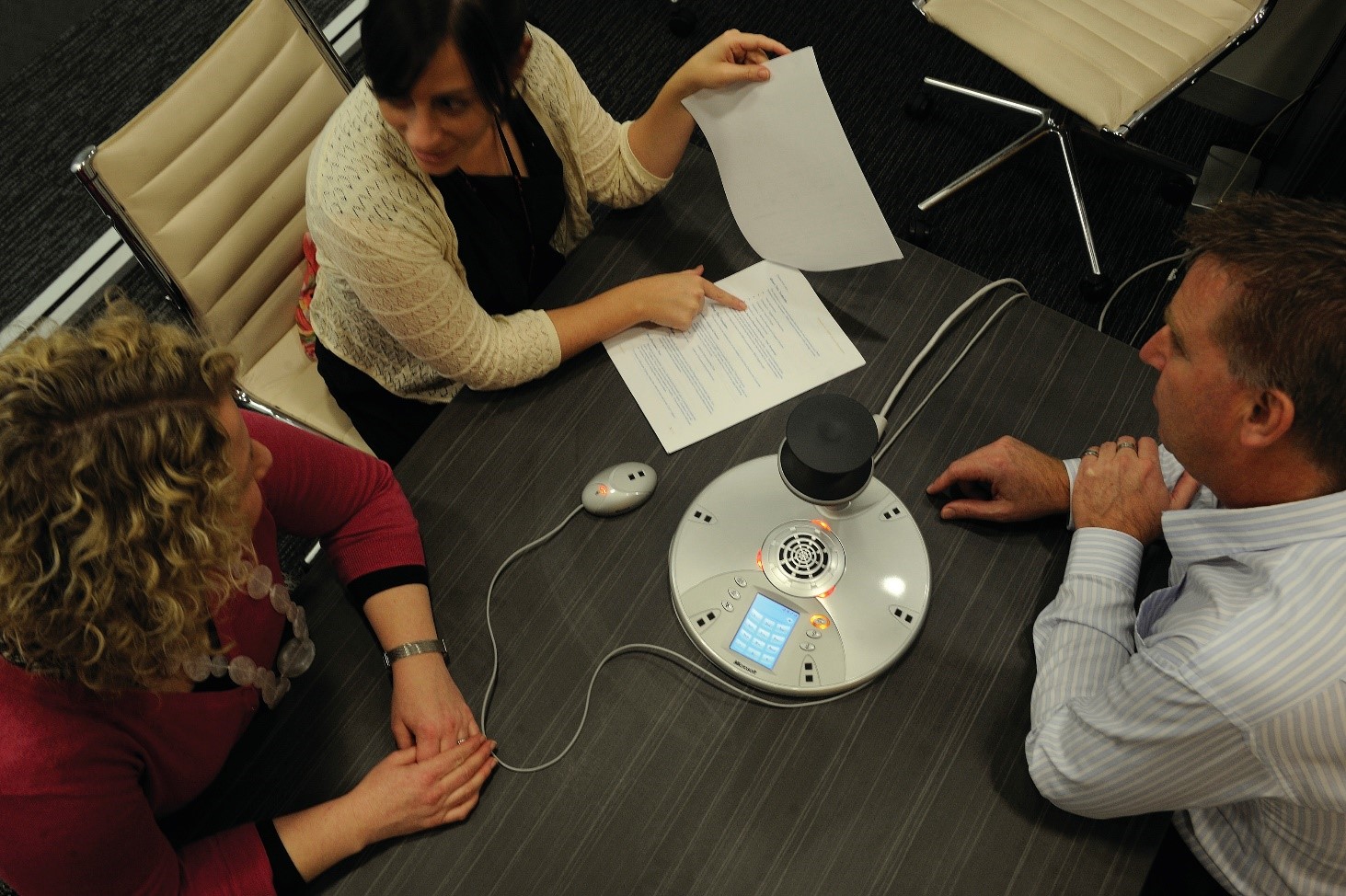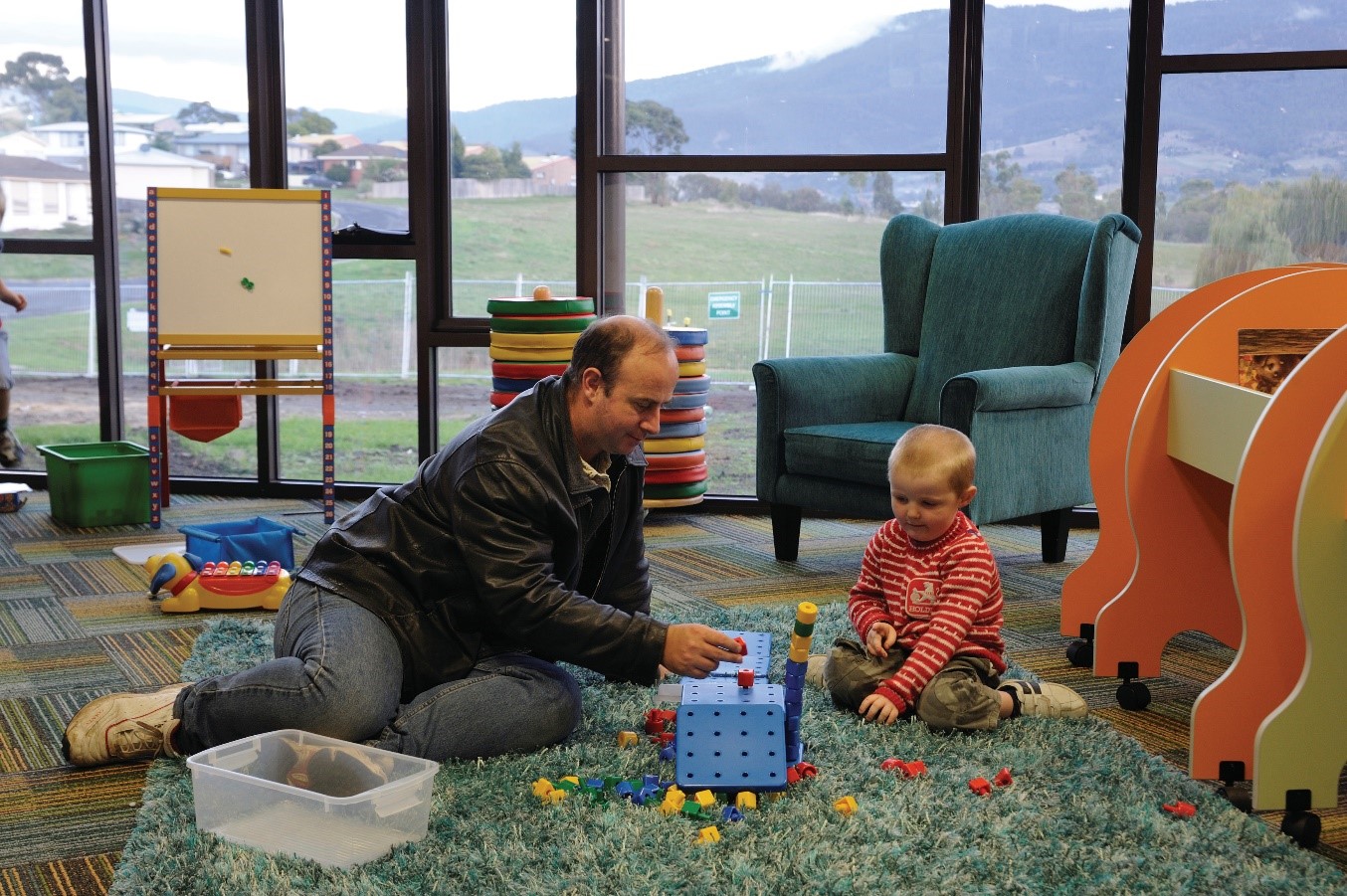
Divisions
- About the Tasmanian State Service
- Contact Us
- Aboriginal employment
- Culture of learning
- Diversity and inclusion
- Digital capability
- Employee surveys
- Employment arrangements
- Employment policy
- Managing performance
- Work health, safety and wellbeing
- Workforce planning and reporting
- Awards and Agreements
- Managing and leading change
- Senior Executives
- Managing Positions in the State Service (MPSS 2016)
- Legislation
- Coronavirus (COVID-19) Information for Staff
Contact Details
By phone
Find the number of a specific division or office to contact them directly or call Service Tasmania on 1300 135 513.
Our staff
Use the Tasmanian Government Directory to find staff contact details
Social media
Follow our social media accounts to keep up to date with specific programs and initiatives.
Information for Managers and Team Leaders
Click to download this page as a PDF
As a manager or team leader you have an important role in establishing a supportive working environment for all members of your team, including those with caring responsibilities. One in eight Australians currently has caring responsibilities. Academic and other research predicts the number of people who have caring responsibilities will increase as the number of people requiring care, as a result of the ageing population, increases.[1]
Even if you do not have team members with caring responsibilities now, the odds are that eventually one of your team, or you, will have caring responsibilities. Therefore, it is important that managers and team leaders are prepared to support employees combining work and care. As a manager or team leader you should talk to your agency’s Human Resources team about the range of flexible work arrangements, support options, and leave entitlements that may be available to employees.
It is also important when considering requests for support to think about the effect that supportive arrangements will have on the rest of your team, including workload levels, and the operational requirements of the team. You may need to make additional adjustments to ensure all team members are supported and operational requirements are satisfied.

What support can managers and team leaders provide?
As a manager or team leader your first response on becoming aware that a member of your team has caring responsibilities should be to listen and gain an understanding of their situation. Only then should the appropriate support be considered and discussed with the team member. In some instances team members may just want to talk about their situation and are not currently seeking any adjustment or support.
Appropriate support that managers and team leaders can provide may include the following:
- Starting a respectful conversation with the team member about how they are feeling, and educate yourself on the type of care role the person is undertaking. This will allow you to understand their situation and respond sensitively and appropriately. You may consider reminding them of the support available (detailed in the main resource kit), but there is also value in just listening to what they are saying and not trying to solve their problems.
- Encouraging them to get involved/remain involved in the social activities in the workplace, especially workplace health and wellbeing initiatives.
- If practical, asking them if they require any assistance with work tasks, including the appointment of a colleague as a ‘work buddy’.[2]

“I am a carer for my mother who needs support in a number of areas, and who lives with us to facilitate that. The flexible work arrangements that I use, and the general support of my whole team, is a godsend in being able to balance work, those responsibilities and the rest of my life. My managers couldn’t be more understanding, whether it’s when I have to dash out with no notice, or when I need to take a planned break for my self-care to build the resilience you sometimes need.
I’ve found it’s also important in my situation to be able to show Mum that my supervisors and team support me in my carer responsibilities, as she used to get anxious that I was ‘missing work’ and that it would affect my career. It’s great to be able to honestly tell her it’s not a problem.”
- Department of Premier and Cabinet employee
Ongoing support arrangements
When considering requests from team members who have caring responsibilities, managers and team leaders need to take into account whether there is a short or long-term need. This would also include whether the caring role could vary over a period of time. Workplace flexibility arrangements allow for a full-time employee to adjust their hours to part-time. Part-time employment is an option which may also be suitable for employees who have caring responsibilities.
Because caring responsibilities can vary over time, managers and team leaders should have regular discussions with the team member to assess whether the current arrangements remain suitable. It may be that other support measures are needed, which can be accommodated without having a detrimental effect on the work area.
It is up to the employee with caring responsibilities to accept or decline any support offered. If the team member does not think they need any support at the time, remind them that you are always open to discussing the support if they change their mind.
Supporting training and development for employees who are carers
Training and development forms an important part of all employees’ career progression. However, because of the sometimes unpredictable nature of caring needs, many carers may not participate in, or may be hesitant to undertake, training and development. Managers and team leaders should monitor the training and development needs and activities of people who have caring responsibilities in their team closely, identifying barriers to participation in training and development, and implementing strategies to facilitate participation.
Addressing development accessibility issues can involve:
- identifying training and development opportunities that will assist the person in their role;
- discussing the team member’s situation with them to identify any challenges to their training and development, or other impacts on their career development; and
- developing a plan with the team member to facilitate access to beneficial training and development opportunities.

Q&A for managers and team leaders
This sub-section provides advice to managers and team leaders on some of the trickier situations that may arise when it comes to supporting team members who have caring responsibilities.
A team member needs to urgently leave the workplace during work hours because of their care responsibilities.
Many people care for family who are ill, including children or elderly parents. Employees in these caring situations may need to rush off during work hours or require time off at short notice to attend to urgent situations.
- In these instances, make sure the team member is okay to leave work to attend to the situation, for example, if the employee is distressed it may not be safe for them to drive.
- If appropriate, check with the team member if there are any important work-related matters that need to be reassigned.
- Leave arrangements and the appropriate approvals for their absence are not a priority at this point. Remember, most systems allow leave to be submitted retrospectively.
- Make sure you check in with the team member in these situations at an appropriate time. However also keep in mind that they may not know exactly when they will be returning to work.
A member of my team appears distressed.
If a team member appears distressed this does not automatically mean that their caring responsibilities are the cause of their distress. No matter what is causing the team member’s distress, ask to speak with them privately to find out what is troubling them.
- Listen carefully and try to empathise with their situation. Try to understand how their caring role impacts their employment, then advise them of the support options that are available.
- Not all carers will be open to discussing their caring role with their manager, team leader or even their colleagues. Some people may like to keep their work and home lives separate.
- It is important to keep any knowledge and discussions about an employee’s caring responsibilities confidential, unless they consent to information being shared (i.e. to inform the broader work team, or allow information to be provided to Human Resources).
A team member’s caring responsibilities have ceased but they still seem to be affected.
It is important to be aware that caring can have impacts on the carer even after their responsibilities have ceased. They may be grieving and may also have many post care responsibilities such as managing the former care recipient’s belongings and property. Managers and team leaders may need to consider:
- Prolonging support or adjustments in place for an agreed period of time. Avoid discussing any re-negotiation of the supports offered to the carer immediately after their caring responsibilities have ceased.
- Reminding the employee of the services offered through the EAP and external support providers.
Other team members have expressed their concern about the level of support provided to individuals with caring responsibilities and its impact on them.
Colleagues may be concerned that their workload will/has increased because of the arrangements provided to carers.
- You should reassure the wider team that decisions about appropriate support arrangements take into consideration the operational impact of the arrangement, to minimise the impact on the rest of the team.
- If colleagues feel that the arrangements are having an impact on their work, you should consider their concerns and, if necessary, seek further advice from your Human Resources team.
- Consider celebrating awareness events, such as Carers Week, to create a culture of support in the workplace.

[2] https://www.headsup.org.au/supporting-others/helping-a-workmate
